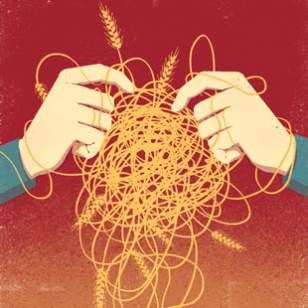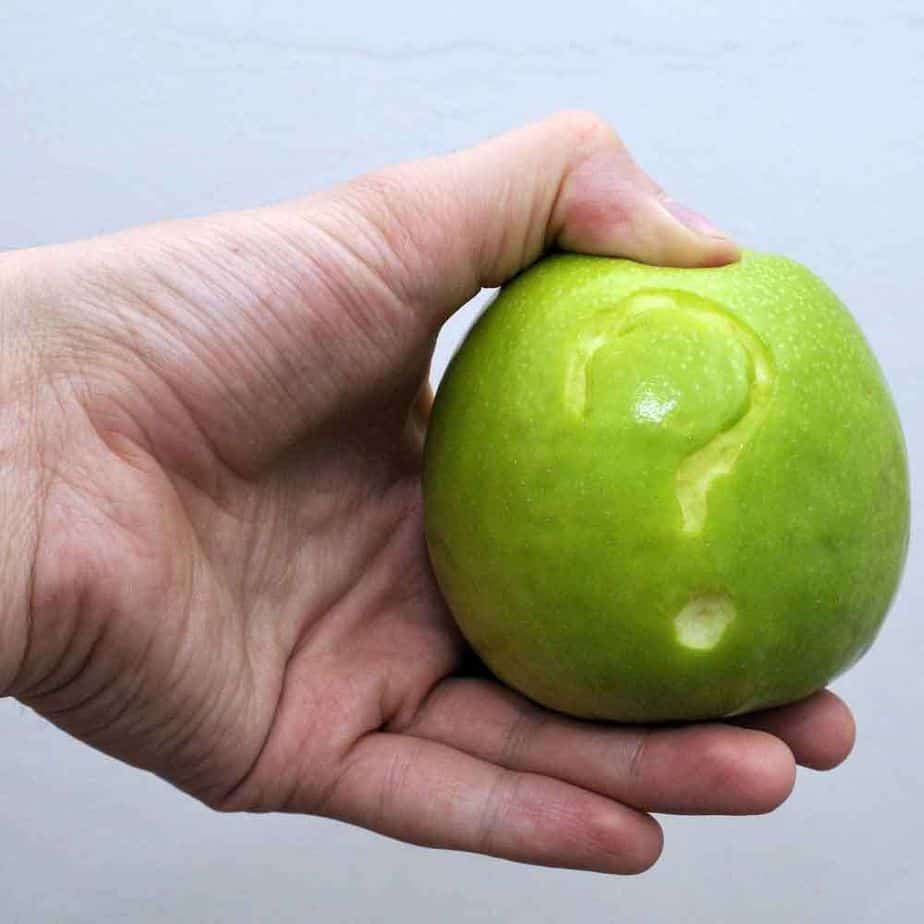If like us you have never been completely sure as to what celiac disease is, but want to know more about it and what you can eat, read clinical nutritionist Rafia Sajid’s article and find out everything you need to know:

Celiac disease is an autoimmune disease which can be genetic. The prevalence of this disease in Pakistan is not known, but it is most commonly found in both children and adults. This disease can develop at any age and is usually confused with lactose intolerance.
WHAT IS CELIAC DISEASE?
Celiac disease is a long lasting digestive disorder which results when people who can’t digest gluten, eat a gluten-containing diet. This is why it is also known as gluten sensitivity or gluten intolerance.
WHAT IS GLUTEN??
Gluten is a group of 2 proteins found in different grains such as wheat, barley, spelt etc. Gluten in food is the major trigger of this disease. If you have it and you eat any food containing gluten, it activates an immune reaction that causes damage to the lining intestine and consequently, your body fails to absorb nutrients.
SYMPTOMS
Symptoms may vary among children and adults.
Children may experience:
- Diarrhoea
- Gas or bloating
- Stomach ache
- Vomiting
- Foul smelling fatty stools
- Growth and development problems
Digestive symptoms in adults are less likely to appear but they may have other problems like:
- Anemia
- Joints and bone pain
- Missed menstrual cycle
- Infertility
- Tiredness
- Numbness of hands and feet
- Weight gaining problems
Digestive symptoms may include:
- Abdominal pain
- Diarrhoea
- Bloating

DIAGNOSIS
The diagnosis for celiac disease is made by a combination of clinical, laboratory and histological evaluations. If you experience any of the above symptoms you must consult a doctor, nutritionist or health physician. They might prescribe you some lab tests to get done if needed.
TREATMENT
Treatment of celiac disease is lifelong adherence to gluten free diet. Within 2 to 8 weeks of starting a gluten free diet, you may experience that most of your GI symptoms are diminished. For other problems like anaemia and other vitamins deficiencies, you may need a good and healthy diet of multivitamins which must be prescribed by your doctor or nutritionist.
WHICH FOODS CONTAIN GLUTEN AND SHOULD BE AVOIDED
Wheat and products containing wheat such as oats, barley, rye, brewer’s yeast, malt in different forms, pasta, noodles, triticale, semolina, donuts, naan, cakes etc.
WHICH FOODS ARE SAFE TO EAT??
Rice, millet, soya beans, sorghum, dairy foods, potatoes, egg, meat of any kind, nuts and seeds, fruits and fruit juices are some products without gluten.
If you are eating readymade food, you must see the food labels to be sure that they are gluten free. If you are dining out, you must inform them while ordering that you have gluten intolerance so that they can best guide you on the food that you can eat without worry.









What do you think?
You must be logged in to post a comment.